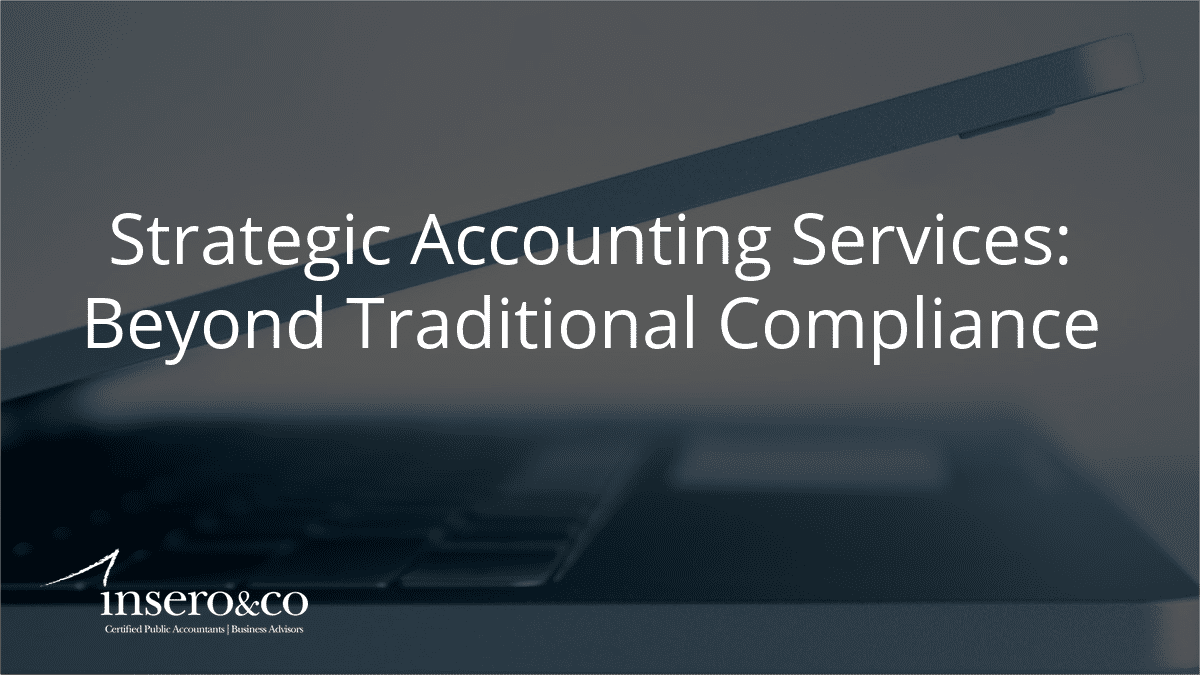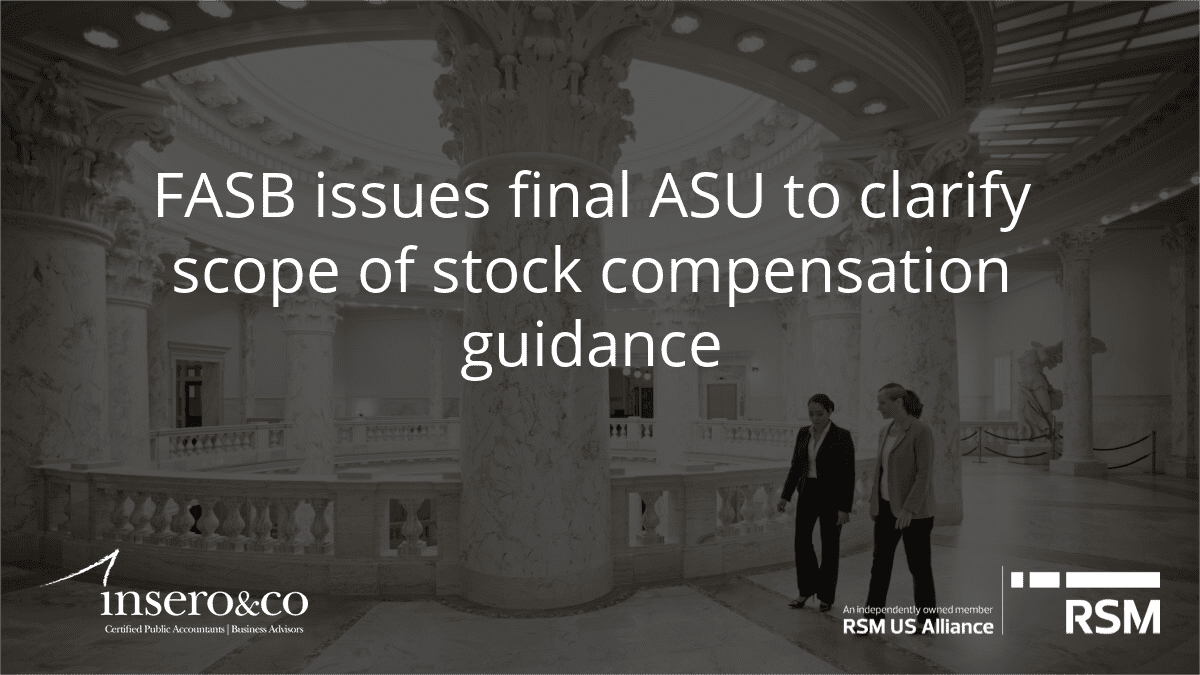INSIGHT ARTICLE |
Authored by RSM US LLP
RSM tax professionals are working on solutions
The pandemic’s financial ripple effect has been particularly hard on commercial real estate. Facing shortfalls in revenue, tenants in the hospitality and retail sectors have fallen behind on leases, sharply curtailing cash flows for their landlords, who have been experiencing difficulty staying up to date on their loans.
Amid the downturn in consumer spending, retail has been hardest hit, with delinquency rates of nearly 23%; hospitality, hampered by sharp declines in travel, is tracking at 15% according to Trepp CMBS Research. By comparison, multifamily, office and industrial properties have been less severely affected, keeping their delinquencies below 3.5%.
When financial conditions are adverse, commercial lenders may be willing to renegotiate existing loan agreements, in some cases, forgiving a portion of an outstanding loan in exchange for other concessions. There are significant tax implications if the loan is reduced or forgiven, though. Under current law, a borrower is required to pay taxes at ordinary income rates, currently as high as 37%, on the amount of debt reduced, discharged or canceled, an amount referred to as cancellation of debt income or COD.
If the income and the loss matched for tax purposes, all would be well. Unfortunately, the COD is recognized immediately and the loss on the associated property is only recognized once the building is sold.
While debt forgiveness constitutes income for tax purposes, the forgiveness often occurs because the borrower is suffering an economic loss, often on the asset associated with the loan. Congress is looking for an alternative solution that will continue to promote economic recovery, while at the same time discouraging abuse of tax laws when financial conditions improve.
Options for relief
Based on historical precedent, Congress is likely to provide some relief for this conundrum, but the form it takes, and how timely it will be, remain unclear. There are likely three options to help commercial property owners facing tax on loan forgiveness: The first would be to completely forgive any income tax on debt forgiveness income. That is essentially how Congress handled the Paycheck Protection Program loan forgiveness.
The second calls for deferring recognition of the COD income for a limited period of time, based on a provision adopted during the mortgage crisis.
The last option would forgive COD income to the extent the taxpayer agrees to reduce the tax basis of his assets—effectively converting the immediate COD income into reduced losses or increased gains— but only when the assets are later sold or written down. This option, referred to as attribution reduction, is being advocated by leading real estate interests, and RSM tax professionals have been providing technical assistance.
“No one is asking for a handout, just to defer some of the pain until later when there’s going to be some gain,” says Don Susswein, principal of RSM’s Washington National Tax, who has been working on the last option as a member of Real Estate Roundtable’s Tax Policy Advisory Committee. The committee is the leading Washington, D.C. representative of the real estate industry.
The Real Estate Roundtable and others have made clear the tax relief that the attribution option provides is temporary. The federal government will still collect taxes on COD when the borrower gains financial footing, and subsequently, sells the property. The recommendation further protects smaller property owners by excluding the recognition of any COD income up to $250,000.
Under current law, the attribution reduction election that does exist can only be made by individuals. But many properties are held in partnerships within multitier structures and real estate private equity funds, creating significant distance between the entity that owns the property and individual investor in the asset. The revised attribution reduction option would give partnerships the opportunity to exclude COD income to the extent of the basis in their own assets, rather than put the burden on those individual investors.
In today’s pandemic-driven environment, the financial difficulties facing commercial real estate are daunting. A provision to facilitate loan workouts by rationalizing the tax rules governing debt forgiveness could be very helpful in promoting a faster economic recovery.
Says Susswein: “Congress is going to have to do something about [COD]. Or else people are going to be unfairly and inappropriately taxed as if they were making money, even though they are actually losing money.”
To read more about the issues and options at stake, see the Tax Notes article here:
https://www.taxnotes.com/featured-analysis/congress-covid-and-cod/2020/07/24/2crdg
Do you have questions or want to talk?
Call us at (800) 232-9547 or fill out the form below and we’ll contact you to discuss your specific situation.
This article was written by Scott Helberg and originally appeared on 2020-10-06.
2020 RSM US LLP. All rights reserved.
https://rsmus.com/our-insights/2020-election/forgiving-commercial-real-estate-debt-brings-tax-implications.html
The information contained herein is general in nature and based on authorities that are subject to change. RSM US LLP guarantees neither the accuracy nor completeness of any information and is not responsible for any errors or omissions, or for results obtained by others as a result of reliance upon such information. RSM US LLP assumes no obligation to inform the reader of any changes in tax laws or other factors that could affect information contained herein. This publication does not, and is not intended to, provide legal, tax or accounting advice, and readers should consult their tax advisors concerning the application of tax laws to their particular situations. This analysis is not tax advice and is not intended or written to be used, and cannot be used, for purposes of avoiding tax penalties that may be imposed on any taxpayer.
RSM US Alliance provides its members with access to resources of RSM US LLP. RSM US Alliance member firms are separate and independent businesses and legal entities that are responsible for their own acts and omissions, and each are separate and independent from RSM US LLP. RSM US LLP is the U.S. member firm of RSM International, a global network of independent audit, tax, and consulting firms. Members of RSM US Alliance have access to RSM International resources through RSM US LLP but are not member firms of RSM International. Visit rsmus.com/aboutus for more information regarding RSM US LLP and RSM International. The RSM(tm) brandmark is used under license by RSM US LLP. RSM US Alliance products and services are proprietary to RSM US LLP.

Insero & Co. CPAs, LLP is a proud member of RSM US Alliance, a premier affiliation of independent accounting and consulting firms in the United States. RSM US Alliance provides our firm with access to resources of RSM US LLP, the leading provider of audit, tax and consulting services focused on the middle market. RSM US LLP is a licensed CPA firm and the U.S. member of RSM International, a global network of independent audit, tax and consulting firms with more than 43,000 people in over 120 countries.
Our membership in RSM US Alliance has elevated our capabilities in the marketplace, helping to differentiate our firm from the competition while allowing us to maintain our independence and entrepreneurial culture. We have access to a valuable peer network of like-sized firms as well as a broad range of tools, expertise, and technical resources.
For more information on how Insero & Co. CPAs can assist you, please call (800) 232-9547.





